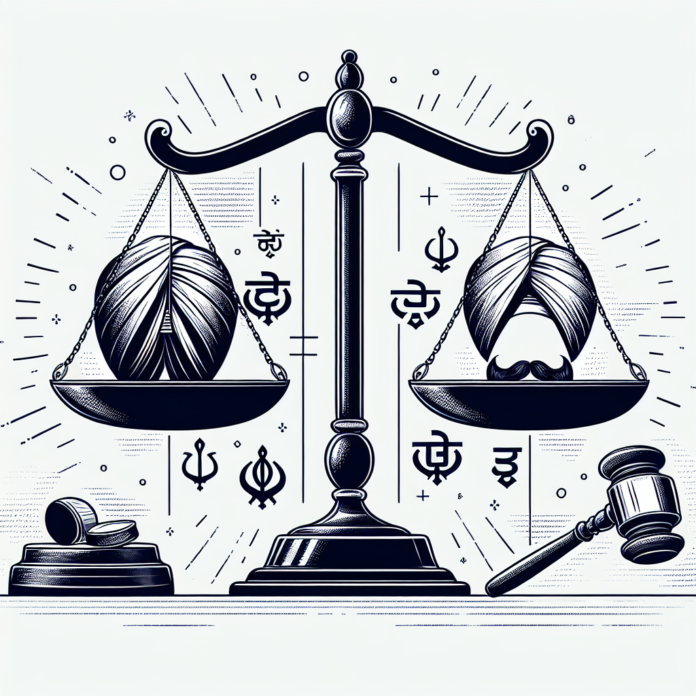UAPA Tribunal Upholds 5-Year Ban on Sikhs for Justice
Business Standard
Tribunal Upholds Government’s Five-Year Ban on Sikhs for Justice
In a significant ruling, the UAPA Tribunal has confirmed the Indian government’s decision to impose a five-year ban on the organization Sikhs for Justice (SFJ). This decision comes amid ongoing concerns regarding national security and the implications of separatist movements within the country.
The ban on SFJ, a group advocating for the rights of Sikhs and pushing for a separate Sikh state, was initially announced in 2020, citing their activities as detrimental to the sovereignty and integrity of India. The government has accused the organization of promoting secessionist ideologies and engaging in unlawful activities that threaten public order.
Background on Sikhs for Justice
Founded in 2007, Sikhs for Justice has gained notoriety for its calls for an independent Khalistan and has been linked to various protests and demonstrations abroad. The organization has utilized social media platforms and international forums to garner support for its cause, drawing both domestic and international attention.
The Rationale Behind the Ban
The UAPA (Unlawful Activities Prevention Act) grants the Indian government the authority to designate organizations as unlawful if they are believed to be involved in activities that threaten national security. The tribunal’s confirmation of the ban underscores the government’s stance on maintaining law and order amidst rising tensions surrounding separatist sentiments.
Government officials have stated that the activities of SFJ not only jeopardize the safety of citizens but also undermine the fundamental unity of the nation. The tribunal’s ruling reflects a broader commitment to countering extremism and ensuring the stability of the region.
Implications of the Ruling
The confirmation of this ban has several implications, both for the organization and for broader civil rights in India. Advocates for civil liberties have expressed concerns that such measures could potentially infringe on freedom of expression and the rights to peaceful assembly and dissent. Critics argue that labeling organizations as unlawful could silence legitimate voices advocating for minority rights.
In contrast, supporters of the government’s decision argue that the safety and security of the nation must take precedence over the rights of organizations perceived to be inciting violence or unrest.
Conclusion
The tribunal’s ruling is a significant development in the ongoing discourse surrounding separatism and national unity in India. As the government continues to navigate these complex issues, the balance between maintaining public order and respecting civil liberties remains a contentious and evolving challenge. The case of Sikhs for Justice exemplifies the intricate dynamics at play in India’s approach to handling dissent and ensuring national security.

